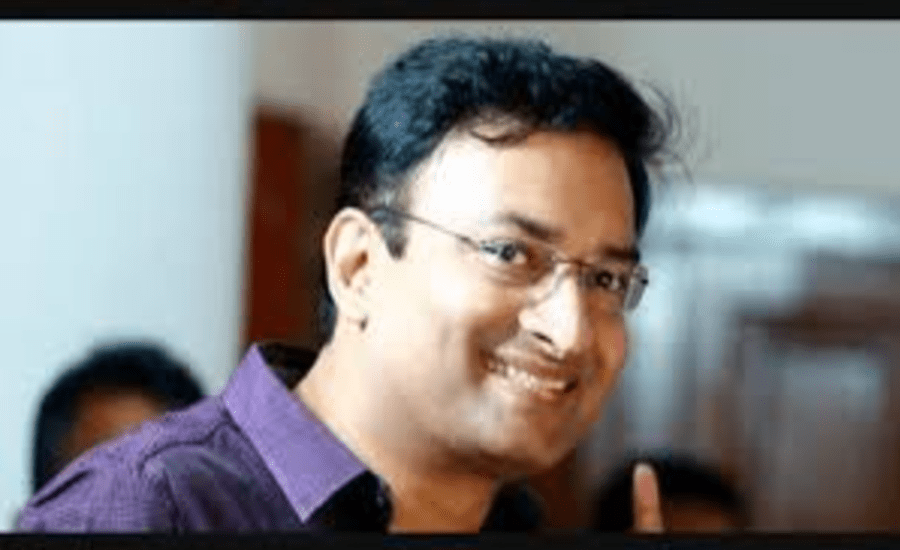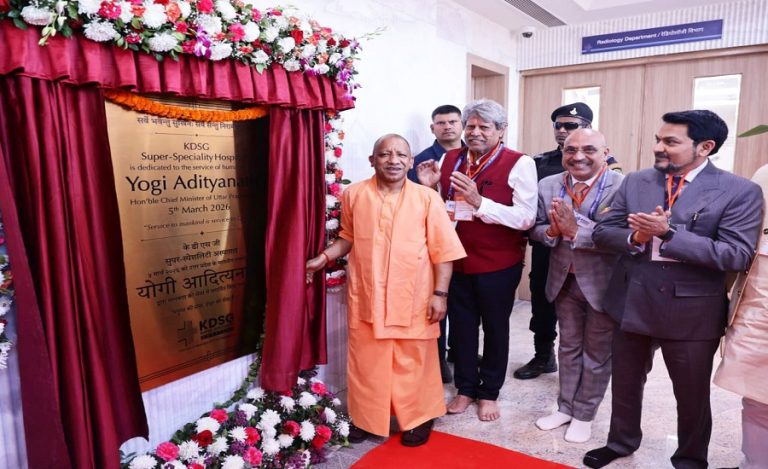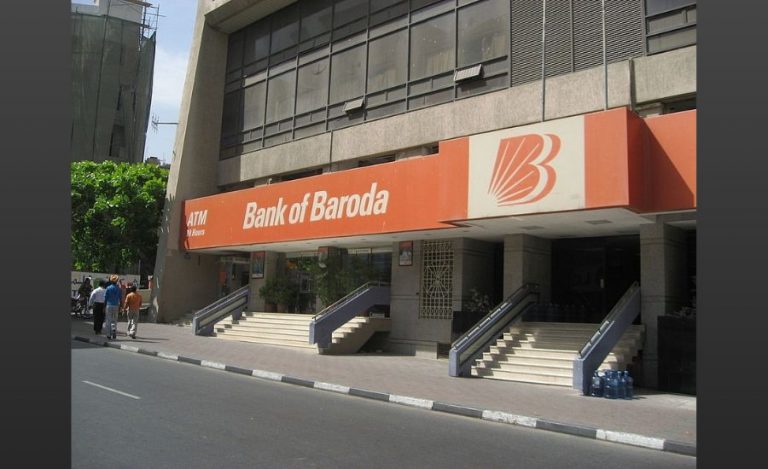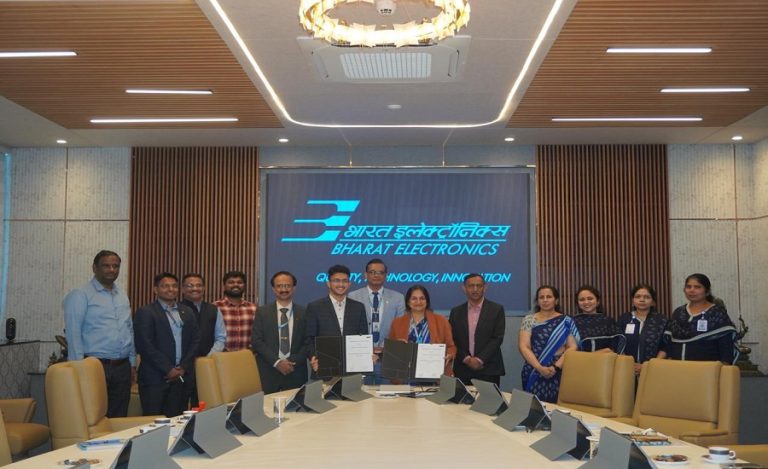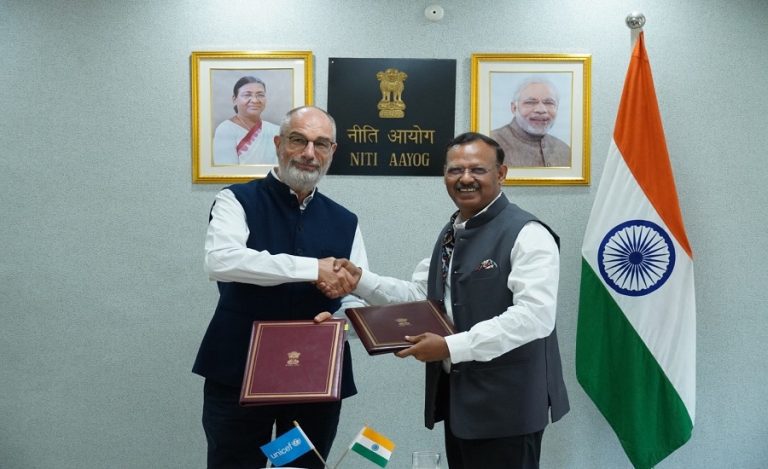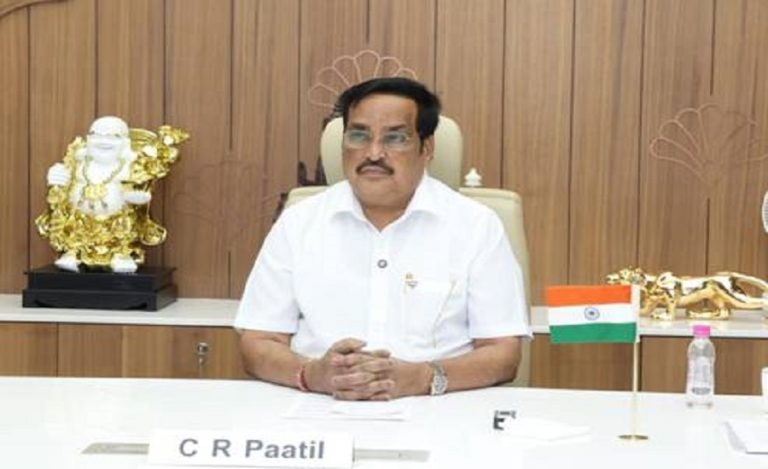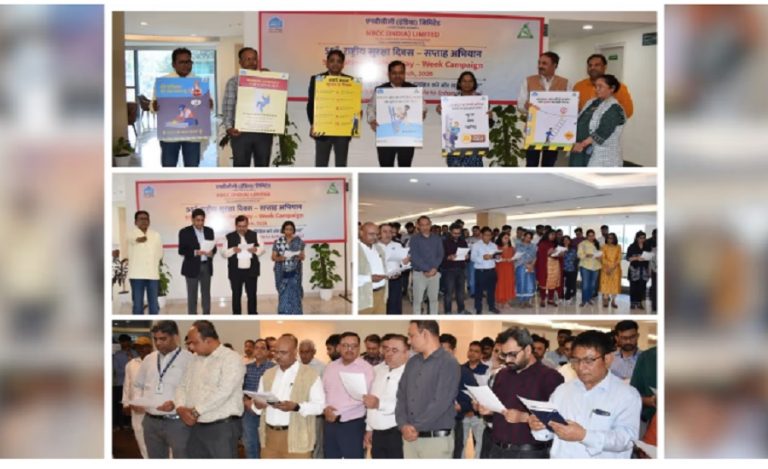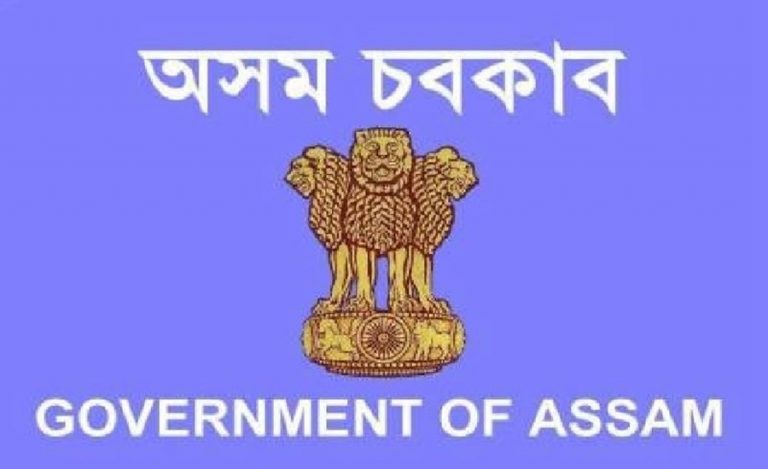Suspended Kerala IAS officer Mr. Prasanth N (2007 batch) has written to Chief Secretary Ms. Sarada Muraleedharan (1990 batch IAS Officer), asserting his right to access original digital files cited in the charges against him. The suspension followed his controversial comments about Additional Chief Secretary Mr. A. Jayathilak (1991-batch IAS officer). Mr. Prasanth’s latest letter highlights procedural concerns and challenges the evidence used to frame the charges.
In his communication, Mr. Prasanth contends that the government’s failure to provide original, authenticated, or unaltered digital material suggests reliance on secondary evidence. He argued that printouts of screenshots, used as evidence, lack certification from the private individual who allegedly captured them. Mr. Prasanth demanded the disclosure of the source of the screenshots and details of how they entered official records, emphasizing their relevance for his defense.
Mr. Prasanth stated, “If primary evidence of the social media posts is unavailable, certification of the secondary evidence must be done by the individual from whose device the screenshots were obtained.” He added that withholding this information raises questions about the integrity of the evidence and the disciplinary process.
Earlier, Mr. Prasanth sought clarification from Ms. Muraleedharan after being served Articles of Charges. In response, the General Administration Department informed him on January 4 that existing rules do not provide for a delinquent officer to seek clarifications or pose questions about charges. Mr. Prasanth countered this position, asserting that principles of natural justice and constitutional rights are fundamental and do not need explicit mention in the rules.
The memo issued by Ms. Muraleedharan had stated that Mr. Prasanth could access relevant records listed in the statement of imputations during office hours with prior intimation. However, Mr. Prasanth argued that he was being denied access to the original digital material necessary to build a meaningful and appropriate defense. He also alleged that the screenshots provided were digitally altered and unreliable.
This latest communication follows Mr. Prasanth’s earlier request for reasons behind his suspension, which he claimed lacked transparency. The controversy surrounding Mr. Prasanth’s suspension and his challenge to the evidence raises broader questions about procedural fairness and the role of digital evidence in disciplinary proceedings.

